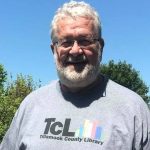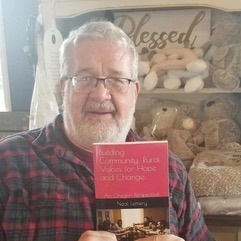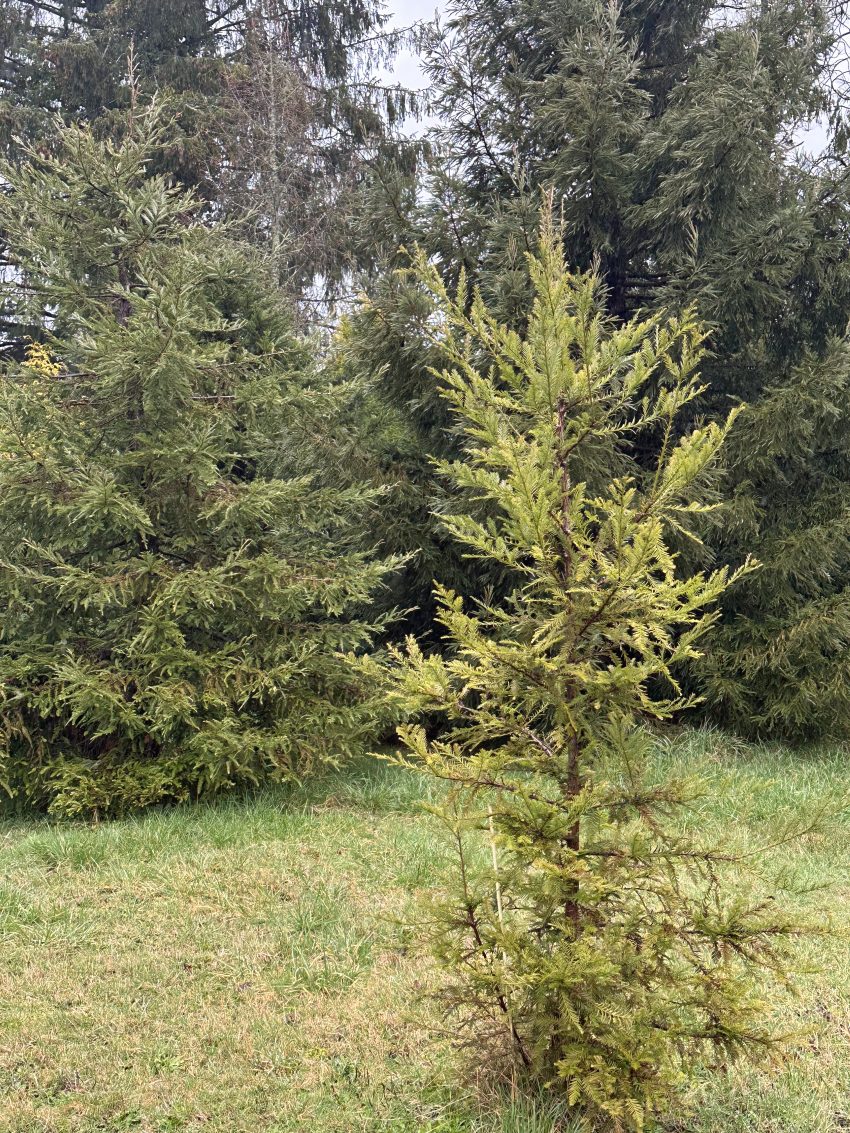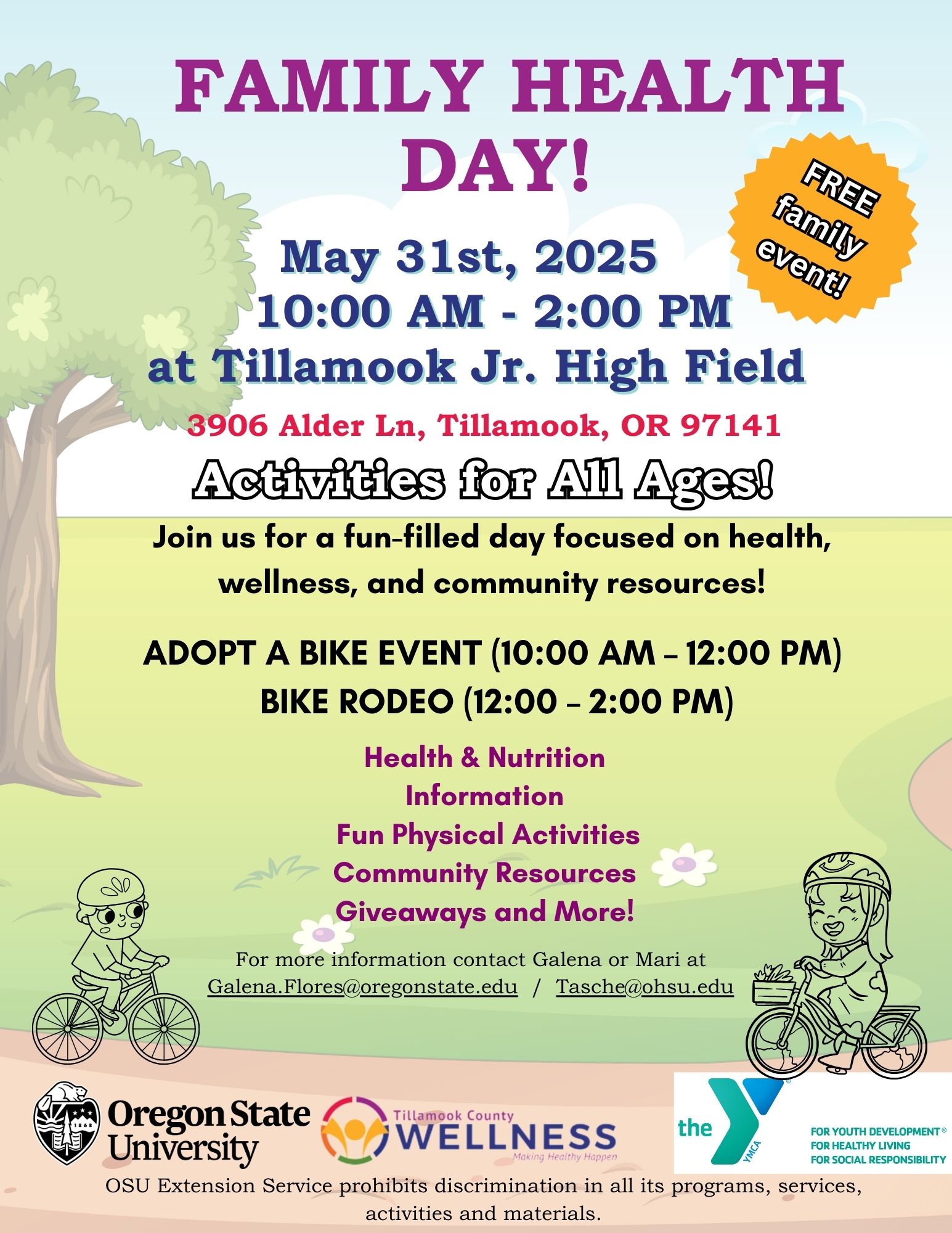 By Neal Lemery
By Neal Lemery
I made a serious run on the graduation card rack at the store this morning. Four great nephews and nieces are graduating in the next few weeks. I needed to fulfill my duties as a great uncle, to acknowledge their achievements, give them a round of applause, and note their collective plans to go on to college.
Inspiring cards were selected, along with some gift cards. Giving money for college expenses is part of the family tradition, too. Inspiring, heartfelt messages need to be composed, to go along with the cards and money. The older generations need to speak out, and proclaim their praise and kudos to yet another generation of college-bound kids.
Each of them has already started on their college career, with dual credit classes as high school seniors, visits to college campuses, and early applications for admission. This uncle sees them as bright, ambitious, and starting to live their dreams of being responsible, resourceful adults.
These accomplishments continue a community and a family tradition of getting out in the world and finding a useful, satisfying career, and to give back.
This is a time to remember and celebrate the ancestors, too; with visits to cemeteries, and taking some time to ponder their lives this Memorial Day weekend. The ancestors were big advocates for education, traveling the Oregon Trail and later paths of emigration to the Northwest, eager to homestead farms, build schools and raise families who had brighter opportunities. They, too believed in getting an education.
Settlers to Oregon established numerous colleges and academies. Schoolhouses were one of the first community buildings erected in new settlements. Property taxes were assessed to fund schools. When Oregon was surveyed, and homestead sites were platted, one section (a square mile) of every township (36 square miles) was designated as a community asset for local schools. Today, Oregon has numerous private universities and a flourishing state university and community college system.
Funding and administrating our public school system remains a vigorous topic of our politics, and schools remain a core value of our culture.
A century ago, my grandmother had a dream: a college education for each child. She did some research, and then moved her family from a Canadian prairie wheat farm to the Willamette Valley, where there were a number of colleges. Two of my aunts and all three sons earned graduate degrees. Not a bad accomplishment in the 1920s and 1930s.
When I was six and she was 84, she gave me the same heartfelt, forceful message, insistent that I work hard to better myself and live a productive life.
Now, I am in the oldest generation, and can look ahead two generations to see family members who have worked hard and be set in their ways to advance themselves. Our family has been around here for nearly 180 years, and the path to self-improvement and building community is a well-worn, and expected road. When I talk with young people about their future, I hear my grandparents’ and parents’ voices, urging “get an education.”
At the funeral of a family matriarch who was a strong advocate for education in my wife’s family, the minister asked the crowd who among them had pursued an education because of her urgings and counsel. Over one hundred people raised their hands. Her encouragement continues to motivate and inspire young people today. She left a powerful and long-lasting legacy.
This graduation season, my family’s graduates are also getting a book, The Man Who Planted Trees by Jean Giono. It’s an allegory, a story of a shepherd and war veteran who transforms a community devastated by war, into a new forest — a place of hope and possibility. More than tree planting, the work lifts people up, spreading optimism and self-confidence. It is a lesson in restitution, giving back by helping nature recover, of bringing new life to a devastated community. The tree planter does his work without seeking fame or fortune, and quietly does his work behind the scenes, anonymous.
We can all be tree planters, making a difference from a simple act every day. If you look around, there are a lot of people among us who make a difference, quietly, and persistently, acting with love, kindness, and hope.
I see that same drive and passion for self-improvement in today’s immigrants, reminding me that the flames for self-advancement and hard work continue to fiercely blaze, changing lives and our community. That energy and drive is a welcome strength and vital asset.
The voices of our community advocates for education continue to be heard and listened to. And for that, I am grateful.

Books: NEW book – Building Community: Rural Voices for Hope and Change; Finding My Muse on Main Street, Homegrown Tomatoes, and Mentoring Boys to Men


